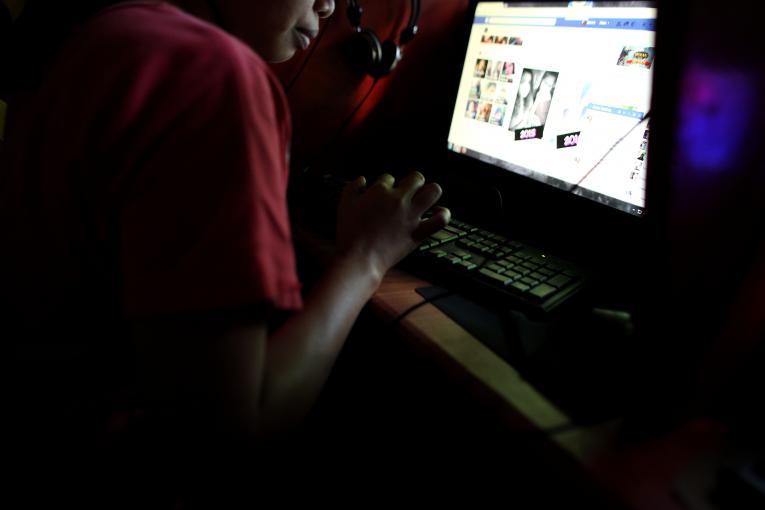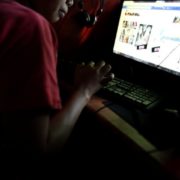
The Philippines has become the world’s largest known source of online child sexual exploitation, according to a new report released this week.
The study from the International Justice Mission on Thursday, May 21 found that underage abuses are worsening with the ongoing coronavirus pandemic as the victims have been forced to go on lockdown with their abusers.
“The global shutdown with the COVID-19 pandemic seems to only be increasing these phenomena,” noted U.S. State Department official John Richmond during the online launch of the study.
The traffickers are typically parents or close family members, the official said.
“And so lockdown orders mean that children are being locked down with their traffickers,” Richmond added.
The seven-year study, entitled “Online Sexual Exploitation of Children in the Philippines: Analysis and Recommendations for Governments, Industry and Civil Society,” also said the combination of English fluency, high internet connectivity, long-entrenched poverty, and wide access to vulnerable kids helped make the country a “global hotspot” for child pornography.
Citing its data collected by law enforcement, the study found that the proportion of Philippine internet addresses used to host child pornography has tripled in three years — going from about 23,333 in 2014 to 81,723 in 2017.
“The tech industry should prioritize detection of all child sexual exploitation materials because of the gravity of harm that repeated sexual exploitation causes victims,” stressed IJM Philippine Director Samson Inocencio.
“There are children who need rescue now, but rescue starts with the timely detection and robust reporting,” he added.
Identified victims have an average age of 11 years, with the youngest known victim being less than 1 year old, according to the study.
“We need to act as a global community — ending impunity in both source countries like the Philippines and demand countries,” Philippine Justice Undersecretary Emmeline Villar told the Associated Press in response to the findings.






